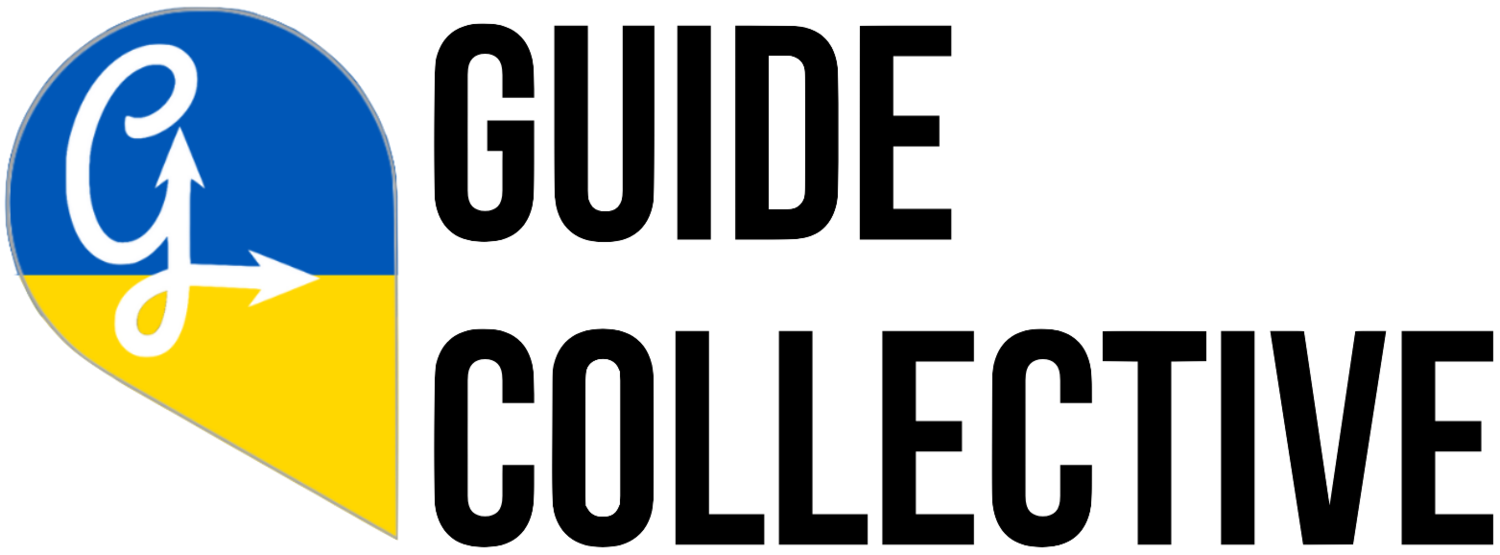The Beginning of Our Civilization
Roberto Bechi | Tours by Roberto
The Beginning of Our Civilization. A captivating title which by definition can be interpreted in numerous ways:
The civilization of homo sapiens?
Or is that not considered civilization because it is prehistoric?
I would not go down that rabbit hole. Instead, I would simply focus on the "Western" idea of civilization. Geographically, today the West goes as far as the Hawaiian Islands, but we know from the history books that it had its foundations in the Greek world. But when exactly it developed is about as clear as the date of the Big Bang. We can say, though, who the fathers and mothers of our civilization are: that is, the philosophers; those who created the primordial soup of what we now call science, "the rational"; and metaphor, "the feeling linked to something rational".
These images of cypress trees immersed in the rolling hills are like postcards from my region:
View framed by cypress trees in Pienza, Italy
Image | Andreas Krappweis
Cypress sentinels standing watch over the hills of Tuscany
Image | Trish Feaster
Even if these images appear unaccompanied by the word “Tuscany,” for most people the place where they were captured is obvious.
Let's pretend for a moment that instead of having ordinary tourists in my work as a tour guide, I were to guide a small group of tourists, among whose participants were the three most famous Western philosophers: Plato, Socrates and Aristotle. When suddenly, one of my “tourists” asked, “What is that?" My rational answer could be "A Tuscan cypress." According to them, though, mine would still be a description of something I don't know very well!
One of the three philosophers would ask me "what is what we call a Cypress"? Forcing me to investigate inside my mind and therefore to broaden my vision of the familiar object.
Another “tourist” would exclaim, "Beautiful!" only to be drilled on the reference intended by the comment.
What is beautiful? The tree? The man who planted it there by himself?
Or is it nature, modeled by man who defines beauty? Or the wind that makes it sway?
It would be my dream to have the three Philosophers as clients, but the tours would last 20 hours and I could never do more than two a week. They probably would disagree with the idea of payment, a further inconvenience. But it is precisely this desire to investigate and broaden the vision of things, but I also add feelings, which made us develop as one of the civilizations that has most influenced the human race. I always keep this in mind. In both my work as a guide and in my personal life—I almost never take anything for granted. Nothing is immutable, especially our opinions.
I used to think, for example, that globalization was a positive cultural phenomenon by which disparate cultures could unite, walls like the Berlin Wall would fall, and life would improve much more than it would suffer. Instead, today I believe I was overly optimistic. Globalization has contributed too much to a flattening of the world, to an elimination of the differences between cultures which make them rich and unique. What had seemed a positive force of international economic cooperation has turned against us.
If we look at the present moment, even Covid-19 has globalized!
After the first twenty years of the century, we find ourselves in front of a screen buying what we believe is indispensable online in the most impersonal of ways. We clearly feel within us this emptiness "that cannot be filled with purchased objects" and it is nothing more than the lack of a relationship and direct confrontation with the nature of things and their complexity. We are denying ourselves the very cultural DNA that sets us apart!
For me all of this is tangible. I was born in the land of the Etruscans, Giotto, Michelangelo, Galileo, Leonardo, Meucci, Machiavelli and hundreds more—all men who, animated by curiosity and spirituality, understood what the key to intellectual progress was. Like the philosophers, we must doubt everything, we must be open to new ideas, we must ask questions and explore. Homologation, the process by which we all become alike, may spell the end of our culture, and we should seek ways to avoid it.


